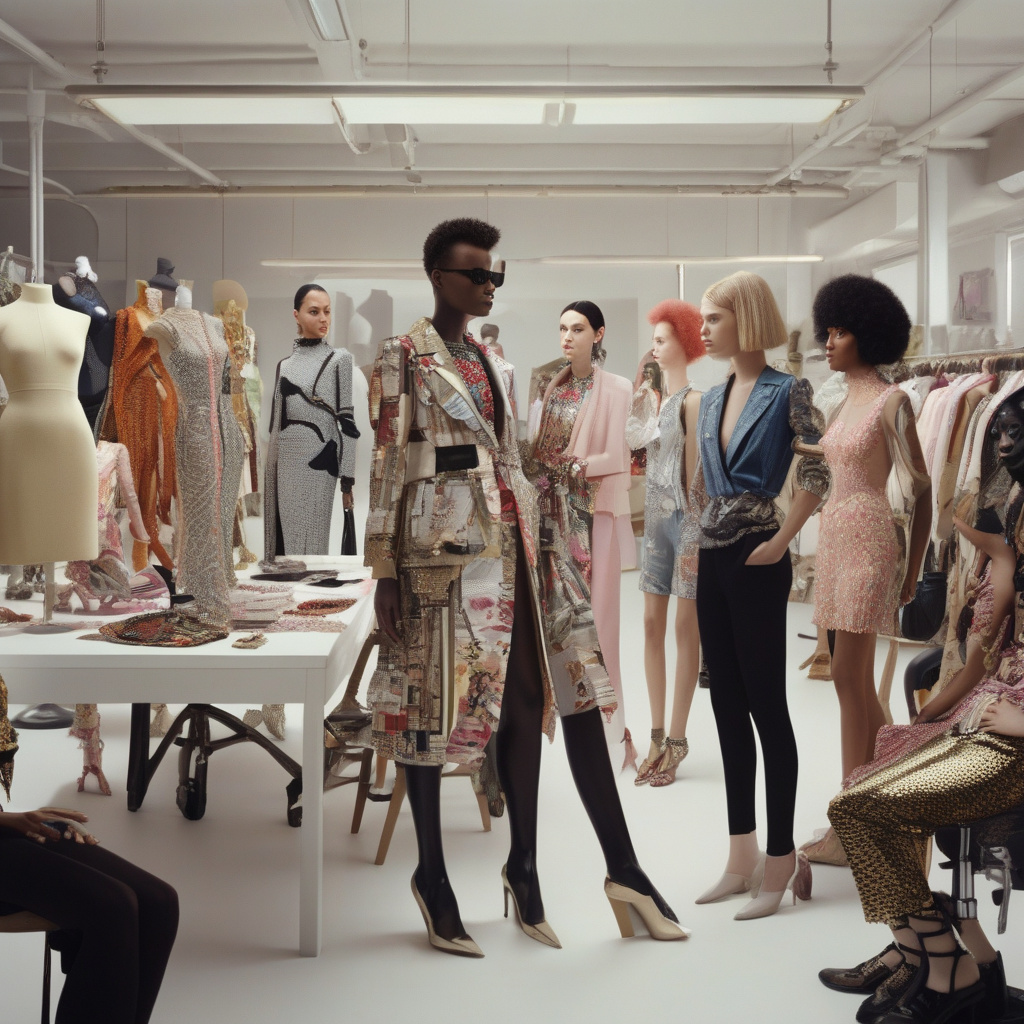The Impact of Seraphinne Vallora’s AI Model on Guess’s Summer Campaign
Seraphinne Vallora’s creation of an AI model for Guess’s recent summer campaign has sparked a heated debate within the fashion world. The use of artificial intelligence in marketing and advertising has become increasingly prevalent, with many brands turning to AI technologies to enhance their campaigns and reach a wider audience. However, Guess’s decision to employ an AI model has raised questions about the implications of using technology to replace human models in the fashion industry.
Vallora’s AI model, designed to embody the idealized image of beauty and style, has garnered both praise and criticism from industry experts and consumers alike. Proponents of the AI model argue that it represents a step forward in embracing innovation and diversity in fashion. By creating a digital model, Guess has the opportunity to showcase a more inclusive range of beauty standards and cater to a global audience.
On the other hand, critics of Guess’s AI model raise concerns about the impact on traditional modeling careers and the perpetuation of unrealistic beauty standards. The fashion industry has long been criticized for promoting unattainable ideals of beauty, and the introduction of AI models could exacerbate these issues. Human models, especially those from underrepresented groups, may find themselves marginalized or replaced by digital counterparts, leading to a loss of jobs and opportunities in the industry.
Moreover, the use of AI models raises ethical questions about transparency and authenticity in advertising. Consumers are becoming increasingly wary of digitally altered images and deceptive marketing practices. As AI technology advances, the line between reality and virtuality becomes blurred, raising concerns about the potential manipulation of consumer perceptions and expectations.
Despite the controversy surrounding Guess’s AI model, there is no denying the potential benefits of integrating technology into the fashion industry. AI models offer brands the opportunity to create innovative, personalized experiences for consumers, leading to increased engagement and conversion rates. By leveraging AI technology, brands can analyze customer data, predict trends, and deliver targeted content that resonates with their audience.
Moving forward, it is essential for brands like Guess to strike a balance between innovation and responsibility when using AI models in their campaigns. Transparency, diversity, and ethical considerations should guide the development and implementation of AI technologies in the fashion industry. By addressing these concerns and engaging in open dialogue with stakeholders, brands can harness the power of AI to drive positive change and create meaningful connections with consumers.
In conclusion, Seraphinne Vallora’s AI model for Guess’s summer campaign has ignited a debate about the role of technology in the fashion world. While AI models offer exciting possibilities for creativity and engagement, brands must navigate the ethical and social implications of using artificial intelligence in marketing. By approaching AI technology with transparency and integrity, brands can leverage its potential to enhance the fashion industry and shape a more inclusive future for all.
#AI, #FashionIndustry, #DigitalMarketing, #EthicalAdvertising, #InnovationInFashion
